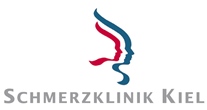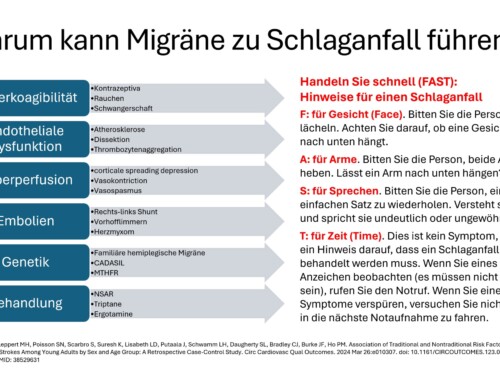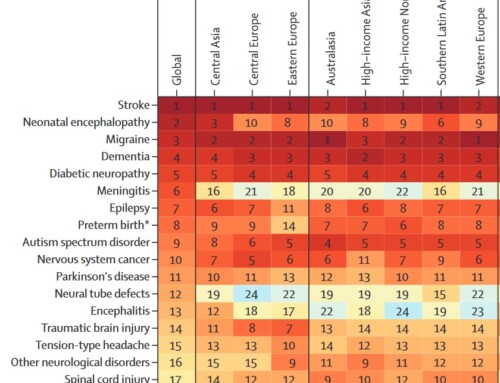Kiel Pain Clinic and Hamburg University Hospital are investigating the genetic basis of cluster headaches
Trigemino-autonomic headaches are characterized by very severe and unbearable headaches, accompanied by symptoms of the autonomic nervous system in the head area such as conjunctival injection (redness of the conjunctiva), lacrimation (watery eyes), nasal congestion and/or rhinorrhea (congestion and/or runny nose), increased sweating in the forehead and face area, miosis (constricted pupil), ptosis (drooping eyelid), eyelid edema and skin changes. Those affected are usually restless and motor-driven during the attack.
Scientists at the Kiel Pain Clinic and the Hamburg University Hospital are investigating which molecular genetic factors play a role in the development of cluster headaches and other rare primary headache disorders. We are looking for patients who suffer from cluster headaches and other rare primary headache disorders such as hemicrania continua, chronic paroxysmal hemicrania, SUNCT, etc.
Epidemiological data on cluster headaches indicate an increased risk of the disease in first-degree relatives. Familial cases of the very rare primary headache disorders have also been reported. Unlike e.g. B. in cystic fibrosis or Huntington's chorea, in each of which a single gene is changed, several genetic factors are involved in the development of primary headache disorders. This reason makes it significantly more difficult to identify the causative gene changes.
In order to detect relevant regions in the genome, we therefore rely on the help of as many patients as possible. The doctors and scientists at the Kiel Pain Clinic and the Hamburg Institute for Human Genetics want to examine several hundred patients who suffer from cluster headaches and other rare primary headache disorders.
Our goal is to use genetic analyzes to investigate the molecular mechanisms underlying the rare primary headache disorders as comprehensively as possible. The test subjects only have to be willing to take a blood sample and answer a questionnaire about the course of the disease. We hope that once the genes involved have been identified, new and more effective therapies can be developed in the long term to better treat the tormenting symptoms.
Anyone who would like to take part in the study can register
Senior physician Dr.
med. Katja Heinze-Kuhn Neurological and pain therapy practice at the Kiel Pain Clinic
E-mail: praxis@krebsklinik.de
Telephone: 0431-20099-400
put in touch. We will contact you by phone or online. The blood sample (1 tube of EDTA blood) can be taken by your family doctor.









Leave a comment